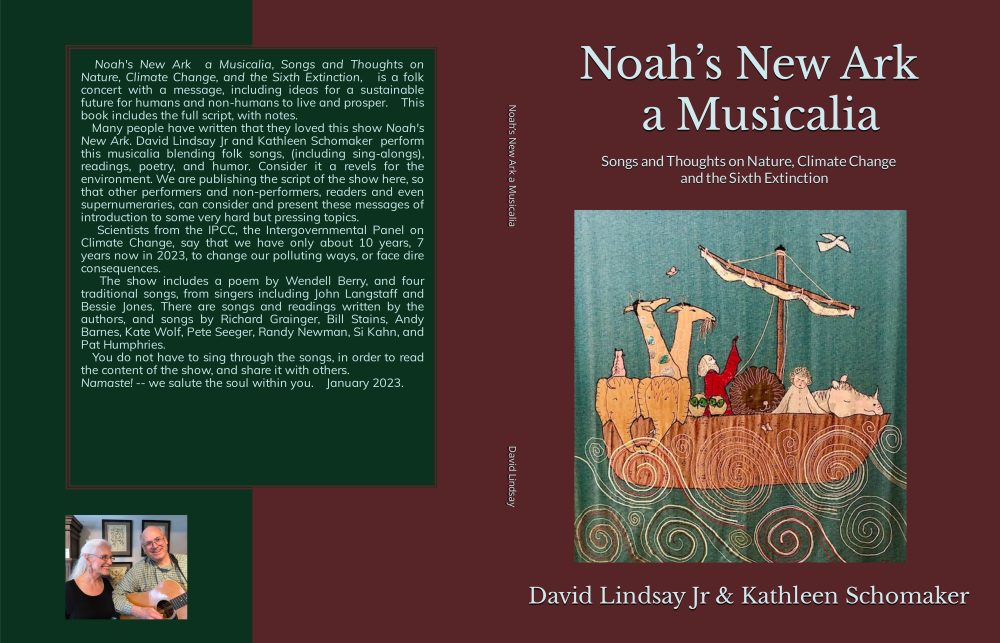The NYT editorial ends:
“The United States recently pledged an additional $133 million in humanitarian assistance. Beyond that, the administration must continue to actively push the warring sides to the table, whether through direct diplomacy, by supporting the mediating efforts of the Intergovernmental Authority on Development, the East African regional grouping, or through the imposition of progressively tighter travel bans and asset freezes on those most responsible for the atrocities. Carrying the major responsibility for the creation of South Sudan, the United States must also bear a special responsibility to help end the country’s agony.”



